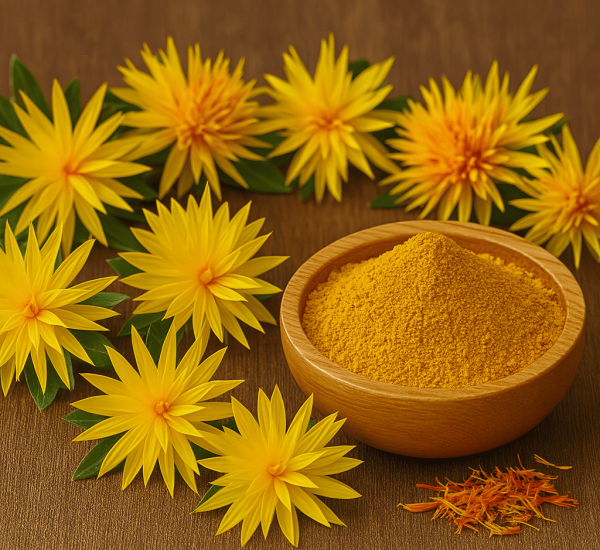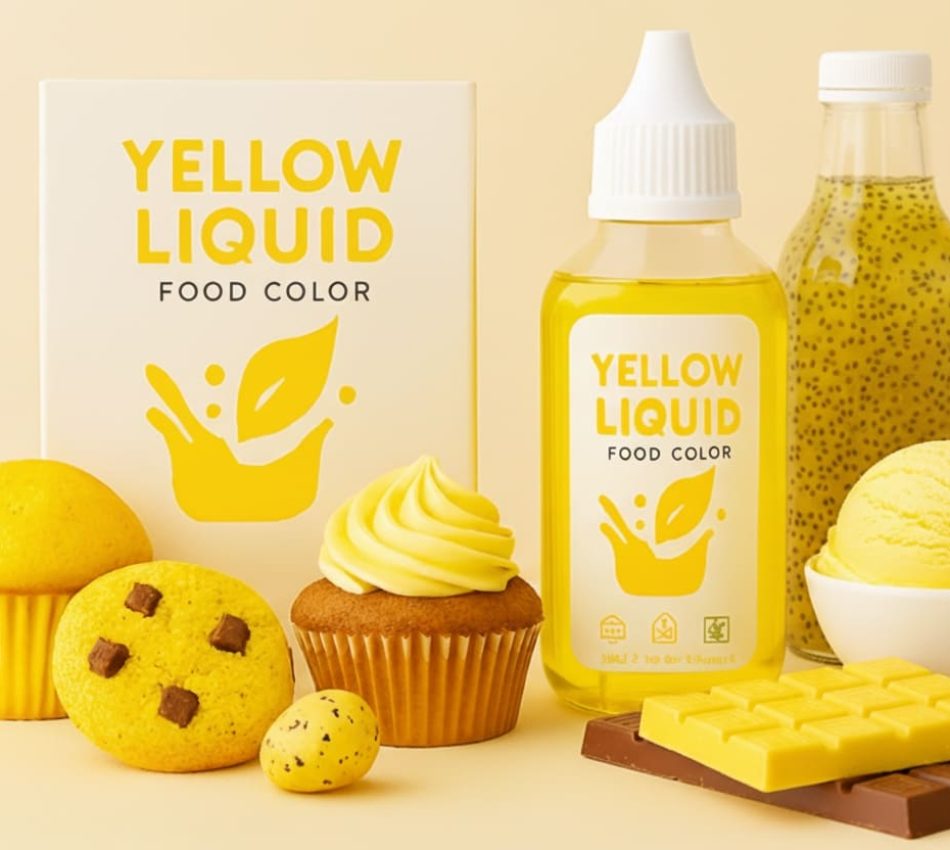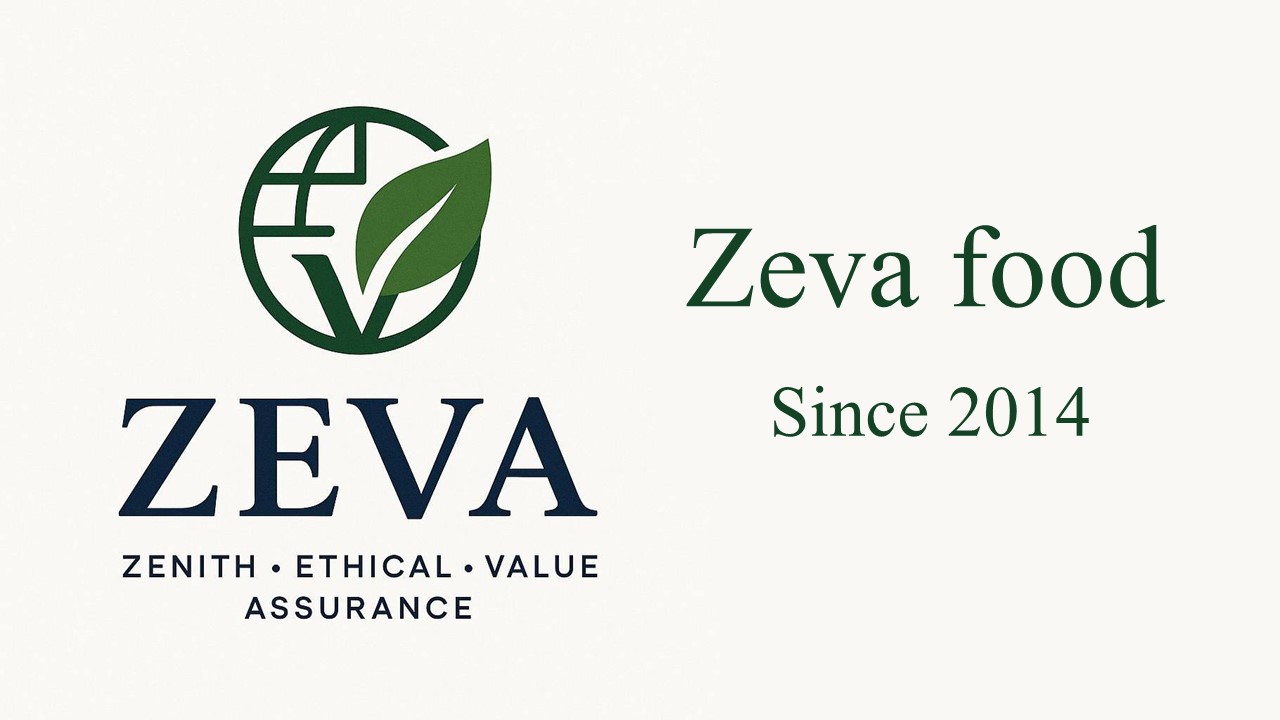Carthamus Yellow
Carthamus-Based Natural Yellow Food Color (E161g): Stable, Natural, and Cost-Effective
Carthamus Yellow is a natural food color derived from the petals of the safflower plant (Carthamus tinctorius). It provides a bright, saffron-like yellow hue and offers excellent light, heat, and acid stability — making it an ideal alternative to turmeric-based colors.
This water-soluble pigment is widely used in beverages, confectionery, dairy products, and sauces, delivering both vibrancy and durability under challenging processing conditions.

Origin and Composition
Carthamus Yellow’s coloring power comes from carthamin, the natural pigment present in safflower petals. It is produced through a gentle water extraction process, resulting in a pure, bright yellow colorant suitable for clear and transparent beverages.
- Source: Safflower petals (Carthamus tinctorius)
- Form: Liquid (water-soluble)
- Color tone: Golden to saffron yellow
- Key feature: Excellent stability under light, heat, and acidic environments
Health and Functional Benefits
Carthamus Yellow is a plant-based, clean-label colorant that meets global food safety standards.
- Safe and natural: Free from synthetic additives and allergens
- Antioxidant benefits: Contains natural plant compounds that support food stability
- Light-stable: Maintains color intensity even in clear PET beverage bottles
- Cost-effective: More economical than turmeric-based colors while maintaining superior performance
Applications Across the Food Industry
Carthamus Yellow’s high stability and clean hue make it perfect for a wide range of products:
- Beverages: Juices, soft drinks, and functional beverages
- Bakery & Confectionery: Cakes, coatings, candies, and pastries
- Dairy: Yogurt, ice cream, and flavored milk
- Sauces & Dressings: Mayonnaise, curry sauces, and dessert toppings
Its excellent water solubility ensures uniform color distribution without affecting taste or texture.

Regulatory and Technical Information
In the European Union and many international markets, Carthamus Yellow is recognized as a natural food color derived from safflower petals. It is generally considered safe for use within recommended levels and offers a clean-label alternative to synthetic yellow dyes.
With its excellent light, heat, and acid stability, Carthamus Yellow provides reliable performance and a vibrant saffron-like shade across a wide range of food and beverage applications.
| Property | Description |
|---|---|
| Active pigment | Carthamin |
| Solubility | Water-soluble |
| Recommended dosage | 10–300 mg/kg (depending on desired intensity) |
| Heat stability | Good (up to 180 °C) |
| Light stability | Excellent – stable under light exposure in clear PET bottles |
| Shelf life | 12–24 months (store in cool, dry, dark conditions) |
| Packaging | Food-grade drums or HDPE containers, available for export |
Comparison with Synthetic Colors
Carthamus Yellow is a natural alternative to synthetic yellow dyes such as Tartrazine (E102). Unlike artificial colors that may degrade or raise health concerns, Carthamus is safe, non-toxic, and plant-derived.
It provides consistent color without the need for artificial stabilizers — aligning with clean-label and health-conscious consumer preferences.
Sustainability and Clean-Label Advantage
Carthamus Yellow is supplied only in liquid form, offering excellent color consistency and easy application across food and beverage products.
It is packed in durable, food-grade HDPE containers that ensure product freshness and stability during storage and transport.
With its bright hue, reliable quality, and cost-effective performance, Carthamus Yellow is a practical natural coloring solution for modern food production.
Export and Supply
Annatto colorants are available in bulk quantities and are suitable for international trade. Exporters typically offer multiple packaging sizes and technical support for shade matching, formulation, and compliance with destination-country regulations. Samples and documentation are usually provided upon request to facilitate formulation testing and product registration.
